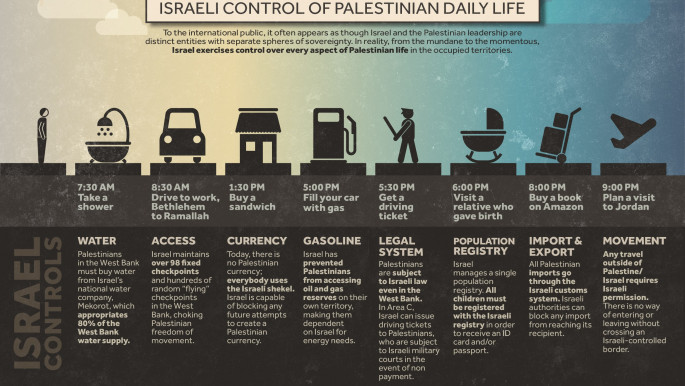Saudi pro-Israel journalist 'stripped of nationality for espionage' appeals to MbS
In a series of tweets, Hamid Al-Ghabin alleged that his Saudi citizenship had been withdrawn, ending his membership in the Azna tribe, and claimed his life is in danger.
"A letter was passed to the Minister of Interior, among the accusations; intelligence with a foreign country, smuggling of money estimated at hundreds of millions out of the Kingdom, management of officers and officials of a senior state, providing luxury cars for them," he tweeted.
He appealed to the crown prince for clemency, alleging his life is currently under threat and asking for protection.
"My life is in danger, I hope that soon I will be able to send a message to my master Mohammed bin Salman and His Excellency the Attorney General to provide protection for me," he tweeted.
He continued: "My record is very clean in State Security and General Intelligence, and they know me completely, whether in Saudi Arabia or when I was in Kuwait or London. I do not need to answer to any security apparatus."
Read also: Saudi Muslim World League chief to speak at pro-Israel forum in latest normalisation drive
Al-Ghabin, who has appeared regularly on Israeli channels, has accused officials of the ministry of interior and state security of "conspiring" against him.
In December, Al-Ghabin revealed that the ministry of interior had withdrawn his citizenship without giving a reason.
Despite his belief that Saudi normalisation with Israel is vital to "protect" the Middle East from Turkey and Iran, it is unclear which country he was accused of spying for.
Gulf normalisation with Israel
Gulf countries - including Saudi Arabia, Bahrain and the UAE - have enjoyed covert relations with Israel, despite having no official ties.
In 2018, bin Salman openly urged normalisation with Israel in an interview with The Atlantic two-years-ago.
The de-facto leader was asked by Jeffrey Goldberg whether the "Jewish people have a right to a nation-state in at least part of their ancestral homeland?"
"I believe that each people, anywhere, has a right to live in their peaceful nation," he replied.
"I believe the Palestinians and the Israelis have the right to have their own land," he added. "But we have to have a peace agreement to assure the stability for everyone and to have normal relations."
This broke official regional policy, which states that an independent Palestinian state must be established before Arab states recognise Israel.
Israel has sought to negotiate with Arab countries independently rather than collectively, to ensure it retains the upper hand in negotiations.
Since 2002, Saudi Arabia has been the main sponsor of the Arab Peace Initiative, which envisions a two-state solution to the Israeli-Palestinian conflict.
But no such senior Saudi official is known to have previously accepted that Israel has a "right" to any land beyond the practical need to secure a lasting deal.

Follow us on Facebook, Twitter and Instagram to stay connected
![Hamid Al-Ghabin is pro-Israel [Twitter] Hamid Al-Ghabin is pro-Israel [Twitter]](/sites/default/files/styles/large_16_9/public/media/images/B681285F-0CA6-4219-9016-821737CFBDD2.jpg?h=d1cb525d&itok=6iIefm4X)


